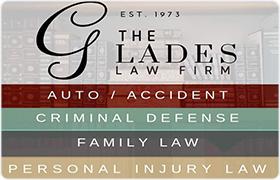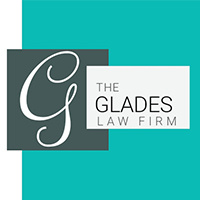Avilla Divorce & Family Law Lawyer, Missouri, page 3
Sponsored Law Firm
-
 x
x

Click For More Info:
-
The Glades Law Firm, P.C.
1120 SE Murphy Blvd Joplin, MO 64801» view mapDivorce & Family Law Determined. Experienced. Passionate.
Serving Southwest Missouri since 1973. Our experienced legal staff is dedicated to helping you with personal injury, criminal defense, and family law matters.
800-965-6971
Patricia Ann Brock Loveland
Juvenile Law, Estate Planning, Adoption, Elder Law
Status: In Good Standing *Status is reviewed annually. For latest information visit here Licensed: 29 Years
Greg R Bridges
Criminal, Juvenile Law, Civil Rights, Family Law
Status: In Good Standing *Status is reviewed annually. For latest information visit here
Peter Allen Lee
International Tax, Estate Planning, Adoption, Medical Malpractice
Status: In Good Standing *Status is reviewed annually. For latest information visit here
Thomas G. Pyle
Personal Injury, Family Law, Traffic, Juvenile Law
Status: In Good Standing *Status is reviewed annually. For latest information visit here
Leslie Maxwell
Family Law, Juvenile Law, Federal, Criminal
Henry Clapper
Divorce, Personal Injury, Commercial Real Estate, Federal Appellate Practice
Status: In Good Standing *Status is reviewed annually. For latest information visit here
Verna Lee Haun
Juvenile Law, Estate, Adoption, Elder Law, Family Law
Status: In Good Standing *Status is reviewed annually. For latest information visit here
Jennifer Marie Cole
Family Law, Adoption, Divorce & Family Law, Personal Injury
Status: In Good Standing *Status is reviewed annually. For latest information visit here
 Phillip A. Glades Joplin, MO
Phillip A. Glades Joplin, MO Practice AreasExpertise
Practice AreasExpertise